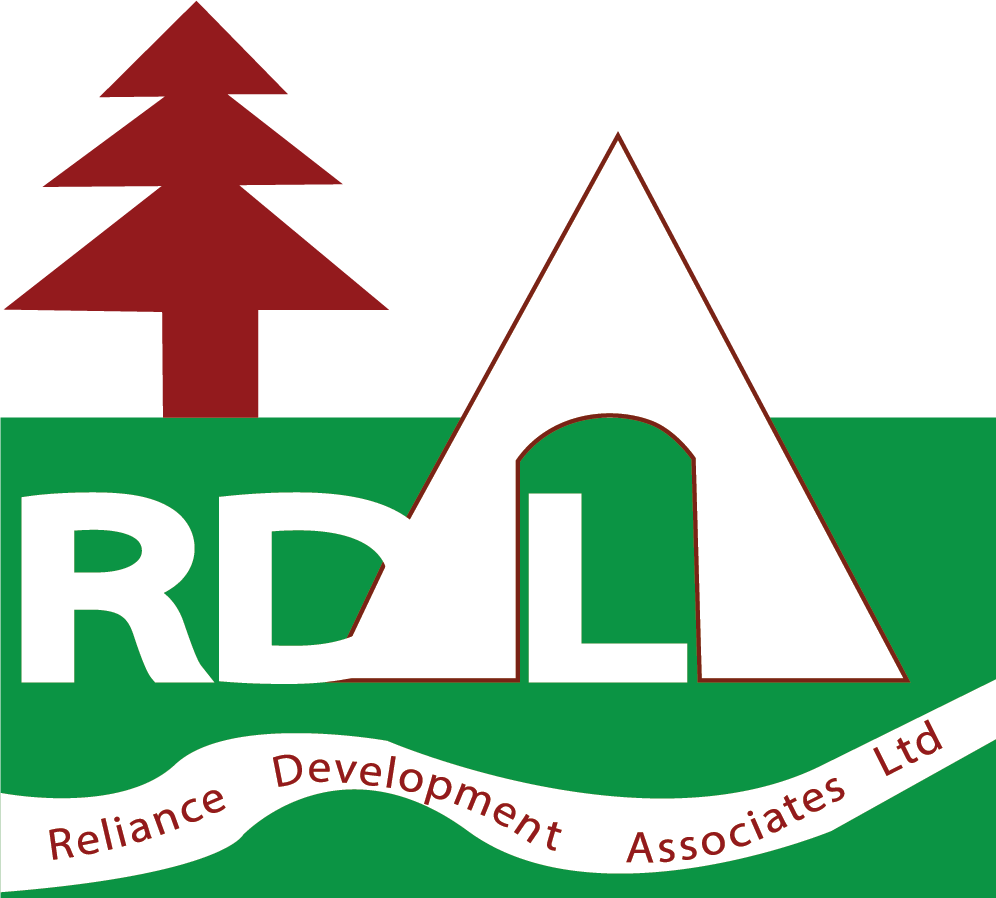Content

Start by reviewing these necessary accounting principles for nonprofit organizations. Non-profit organizations should have a board of directors or trustees responsible for overseeing financial management. The board should review financial reports, approve budgets, and provide strategic guidance for financial planning. Once you’ve got your bookkeeping system setup and have started generating financial statements, the final piece of the nonprofit accounting puzzle is getting your tax obligations straight. Most nonprofit-friendly accounting software like QuickBooks Aplos or Nonprofit Treasurer will allow you to generate financial statements automatically. Although it’s possible to manually generate financial statements from your ledger or spreadsheet, it takes a ton of accounting knowledge and time to do it right.
- Both nonprofit and for-profit organizations must comply with Generally Accepted Accounting Principles, which standardize the reporting of financial statements.
- The unified chart of accounts for nonprofits is designed to transfer financial statements into categories required by IRS Form 990 and other financial reporting for nonprofits.
- Current assets consist of cash, marketable securities, accounts receivable (money owed to the nonprofit from people or other organizations), and inventory (goods that are for sale).
- This report shows the revenue and expenses over time at your organization.
- You need to earn enough money to pay things like employee wages, unexpected expenses, utility bills, rent, etc.
Once nonprofits achieve nonprofit status from their state, Section 501 allows not-for-profit organizations to apply to the IRS for federal tax-exempt status. Other than that, nonprofits and for-profit organizations look at a statement of cash flows similarly. A statement of activities is also referred to as the operating statement. If you are familiar with a for-profit organization using an income statement, the statement of activities is similar.
If I qualify for tax-exempt status, do I still have to pay some taxes?
Like any organization that handles cash flow and pays taxes, nonprofits should invest in a professional accounting and finance team. Nonprofit accounting provides financial transparency that makes donors feel comfortable and assured that the organization is spending money wisely to further its goals. Additionally, sloppy or inaccurate accounting can lead to problems with the IRS, which include possibly losing nonprofit status, hefty fines, and even criminal charges. If you have a nonprofit organization, working toward making the world a better place is likely your top priority.
Never use your own personal bank account for funds that belong in the nonprofit organization. Make sure you have a dedicated bank account for your nonprofit’s transactions. Not all nonprofits need to report to the IRS, but the ones that do need to report where the money came from, how it was spent, and why it was spent. QuickBooks makes it easy to tag expenditures to fundraising, programs, nonprofit bookkeeping or general admin so that you can report exactly how each dollar was spent for each program or fund across your organization. At the end of the year, all of your data is organized in one location to save you time when preparing IRS Form 990. Bookkeeping for nonprofits differs from that of for-profit organizations; so why would you want to use the same software for each of them?
Learn How NetSuite Can Streamline Your Business
It involves generally accepted accounting principles and other tasks all businesses employ when reporting finances, along with those specific to nonprofit organizations. As we mentioned before, nonprofit accounting focuses on the accountability aspect of finances. Your nonprofit’s donors have the right to set restrictions on the donations they contribute to your organization and grant funders want to make sure their funds are spent on the agreed-upon programs.

It’s not enough to have the owner or founder of the organization take responsibility—your nonprofit needs a treasurer or financial officer. This program can be used by businesses for all of their financial processes, including billing, bookkeeping, donation tracking, and more. You may also want to consider using software designed specifically for grant management. Grant management software has features designed specifically for grant tracking.
Bookkeeping for Nonprofits: Definitive Guide and Best Practices
The most important thing is to hire someone who understands the language of the Generally Accepted Accounting Principles (GAAP) and is capable of routinely executing accurate financial reports. A board member well-versed in accounting is also an asset to your team. It’s where you include your anticipated revenue and expenses for the upcoming year based on the previous year’s performance. This helps inform your team’s forecasting exercises and spending plans.
Heard software does not support nonprofit therapy practices at this time. Your bookkeeping system consists of the tools—typically accounting software—your bookkeeper uses to create entries in the general ledger and generate financial reports. In that case, they’ll use accounting software to set up a general ledger for your organization and generate https://www.bookstime.com/ financial reports. You can use event accounting software for expense management and track and generate reports. Some systems even let you export or download data, which is helpful if you have a third-party accountant. Revenue (or income) is all money coming into your organization, including contributions, pledges, grants, and revenue.
ACCOUNTS from Software4Nonprofits
However, because there are countless accounting firms, it’s best to choose one that shares your values and has experience with nonprofit organizations. From compliance to financial management, accounting provides the systems and information needed to keep a nonprofit’s finances in check. Jitasa is an outsourced accounting service specifically designed to help nonprofits with their bookkeeping and accounting processes. Your IRS Form 990 is the annual tax form that your nonprofit accounting team submits to maintain your tax-exempt status with the federal government.

